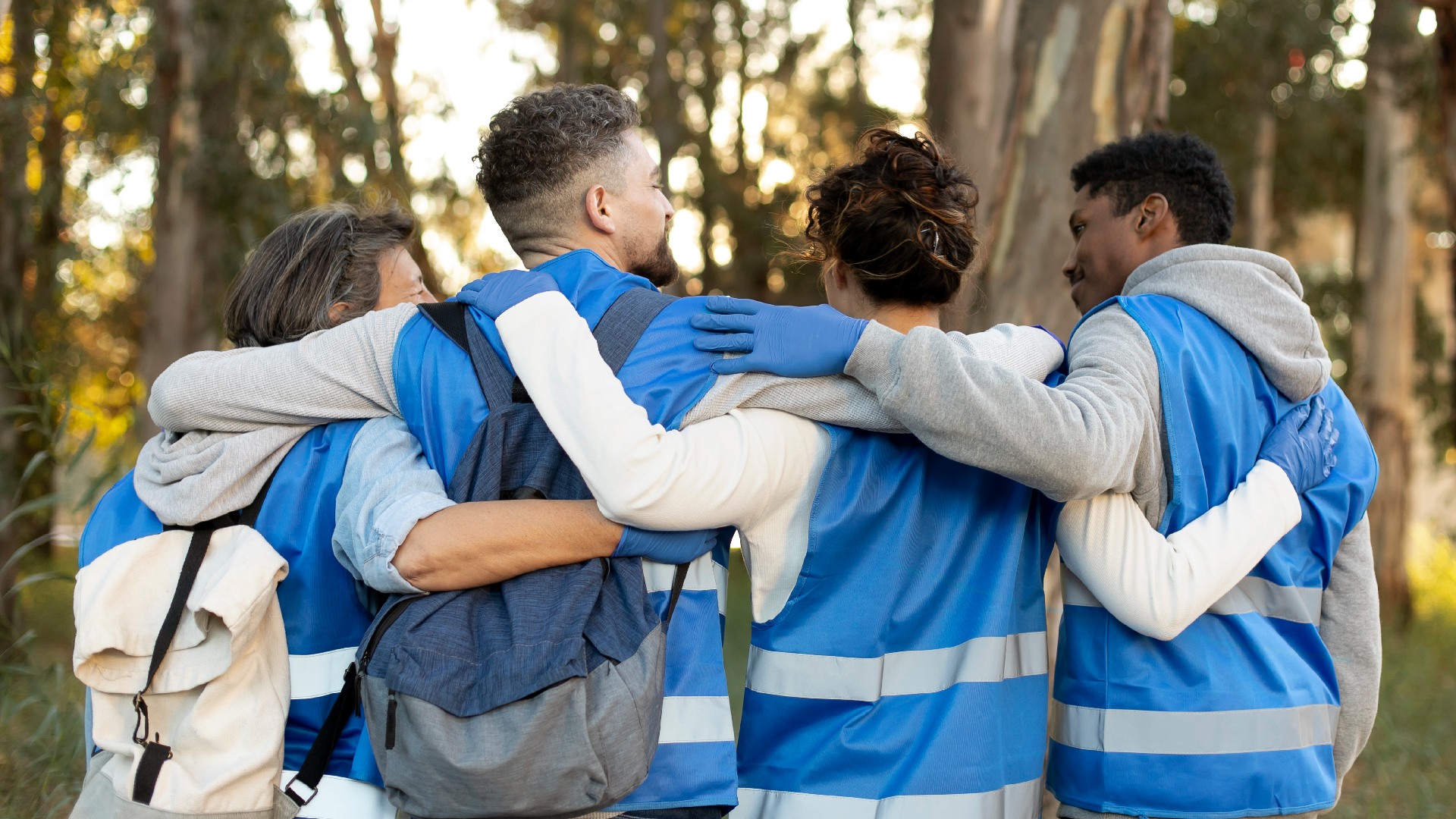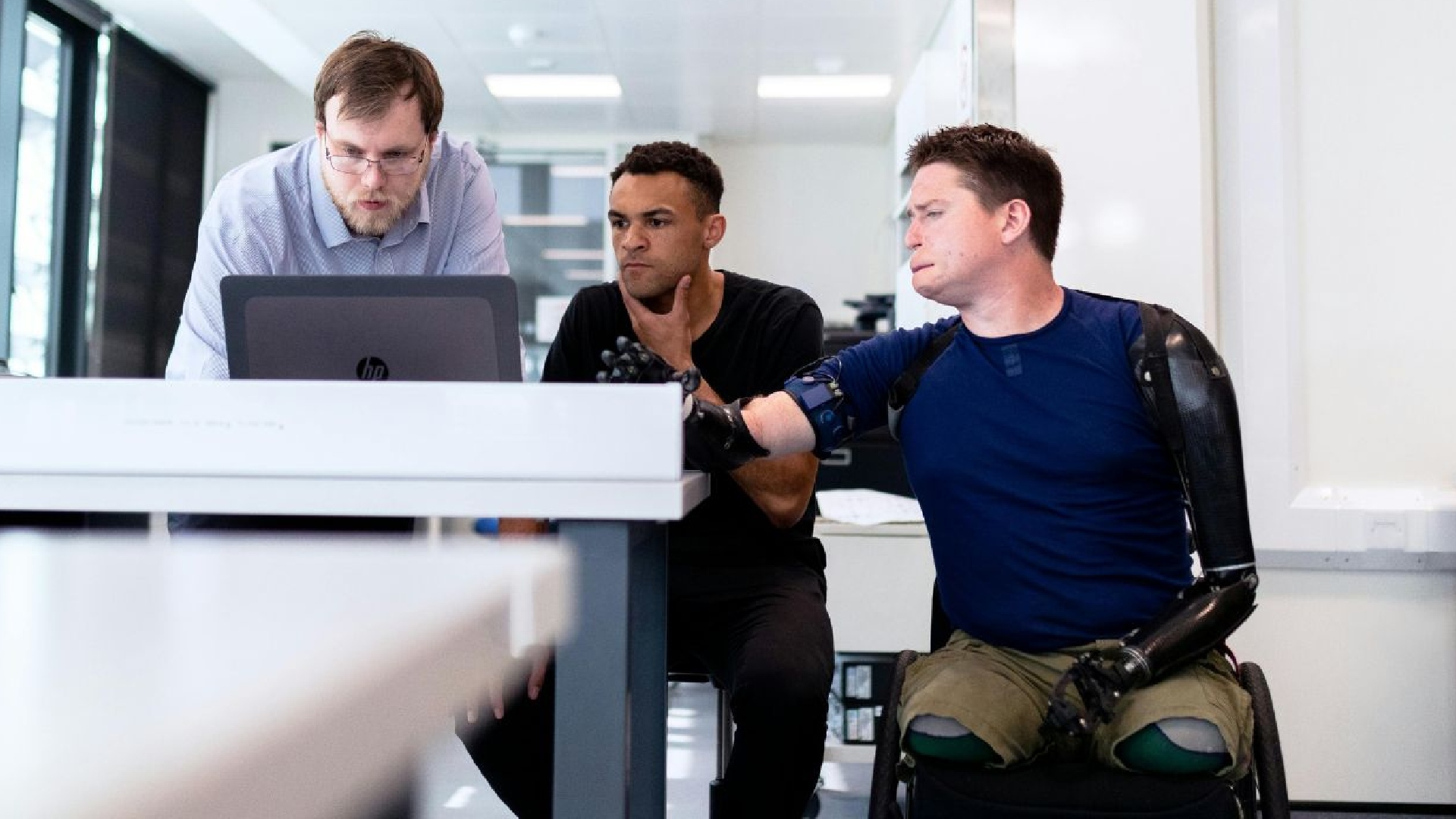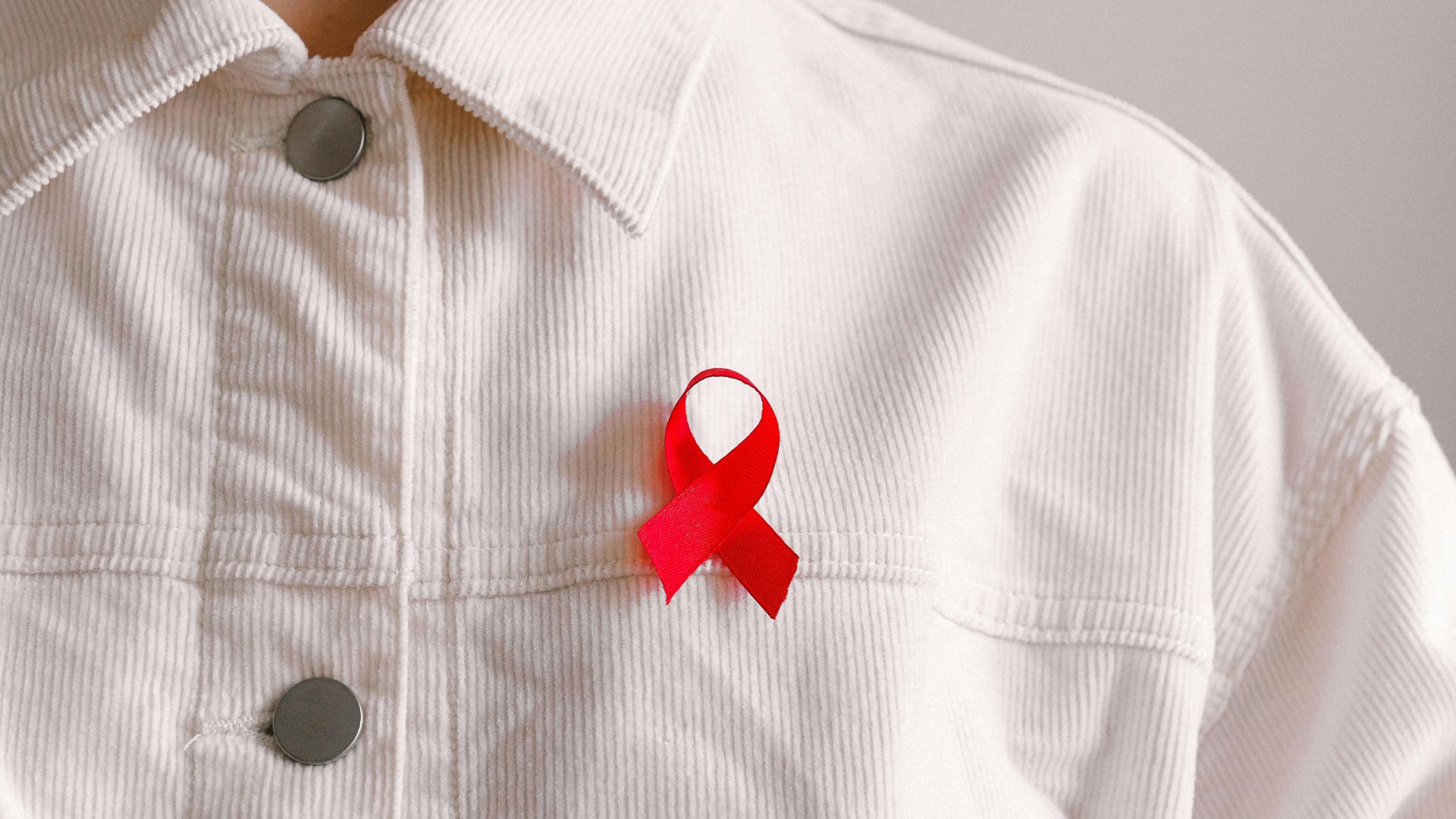Since 1999, November 20 is commemorated as International Transgender Day of Remembrance, here we explain why it exists and its importance in Mexico and the world.
The International Transgender Day of Remembrance focuses on honoring people trans who have lost their lives due to violence generated by transphobia. This the event has been commemorated since 1999, began in the United States thanks to its creator, transgender activist Gwendolyn Ann Smith. Today, it is something that mobilizes the trans and ally population worldwide.
Origin of International Transgender Day of Remembrance and why it is commemorated
The graphic designer and American transgender activist Gwendolyn Ann Smith created this ephemeris in memory of Rita Hester. Hester was a trans woman who was murdered in Allston, Massachusetts., United States) on November 28, 1998.
Rita Hester's murder was covered with revictimizing coverage by the media. According to NBC News, some local newspapers such as The Boston Herald and The Boston Globe referred to her as «a man who wore long braids and preferred women's clothes».». As well as many similar cases of hate crimes against LGBT+ people, Rita's murder was not solved.
This caused on December 4, 1998, hundreds of people demonstrated and held a vigil to commemorate Rita. Since the following year, In 1999, November 20 was chosen as the date on which transgender people would be remembered. who have lost their lives because of transphobia.
Why is it important to have an International Transgender Day of Remembrance?
The International Transgender Day of Remembrance is relevant because we live in a social and political context where there is no guarantee and equality of rights for transgender people in many territories.
In the case of Mexico, the National Human Rights Commission (CNDH) points out that trans people have the right to live free from discrimination; to make free, autonomous and informed decisions about their body, identity and sexuality; and to live a life free from violence..
According to the National Survey on Sexual and Gender Diversity (Endiseg), The report, conducted by the National Institute of Statistics and Geography (Inegi), was published by the National Institute of Statistics and Geography (Inegi), by 2021 there were approximately 908,600 trans people in Mexico.. In this category, Inegi also includes the non-binary people, gender fluid and gender agender.
However, in Mexico, trans people are still a group whose rights are violated., their identities by misgenerating them and, in extreme cases, they are murdered. For example, 59 transfeminicides were documented in the country in 2024. This data was obtained from the annual report of the Mexico City Human Rights Commission (CDHCM).
It is for this reason that International Transgender Day of Remembrance is a good time to:
- to recognize the victims of transphobic violence, who are often forgotten or made invisible by the media and society;
- to highlight discrimination faced by transgender people;
- to demand public policies and legal protection that guarantee the safety and rights of trans peopleas well as justice for victims of hate crimes.
How can I support trans people from my workspace?
Here are some of them actions to support transgender people in workplaces that can make a difference.
- Use inclusive language and respect each person's pronouns.;
- have fair and inclusive hiring, The company has established a system in which transgender people have the same opportunities as cisgender people to remain in a position;
- provides training related to transgender issues so that people can learn more about the experiences and challenges faced by this population;
- offers gender-sensitive policies and benefits in your company, The company's anti-discrimination and anti-harassment policies are some of them;
- promotes the creation of spaces where transgender people can feel comfortable, for example, a gender-neutral bath;
- maintain a open mind to continue learning of the subject.
Did you know the origin and importance of this date?
With information from UNAM, Homosensual, Amnesty International, NBC News, CNDH, CDHCM y Salesforce Latam
Research and editing by José Manuel Ríos and Rodrigo Hernández



